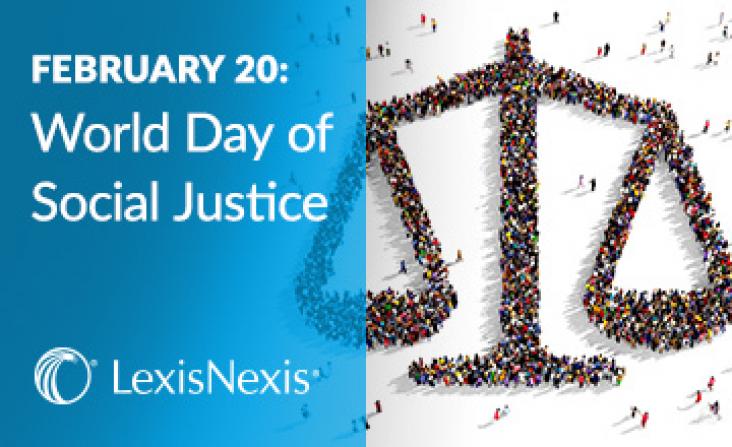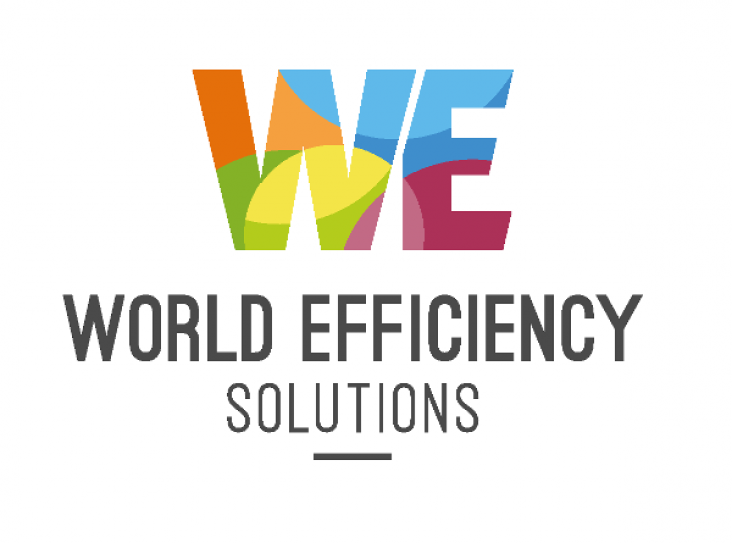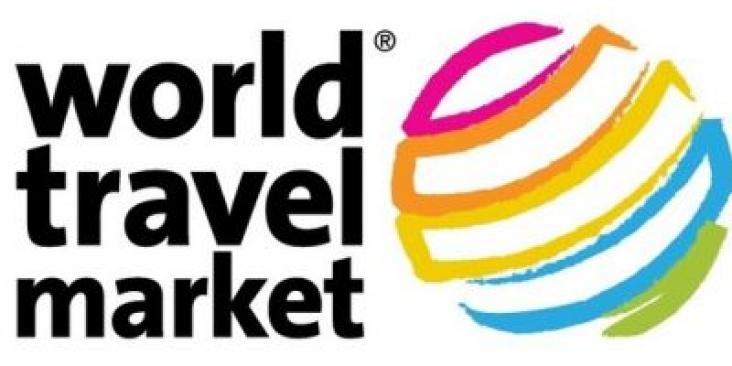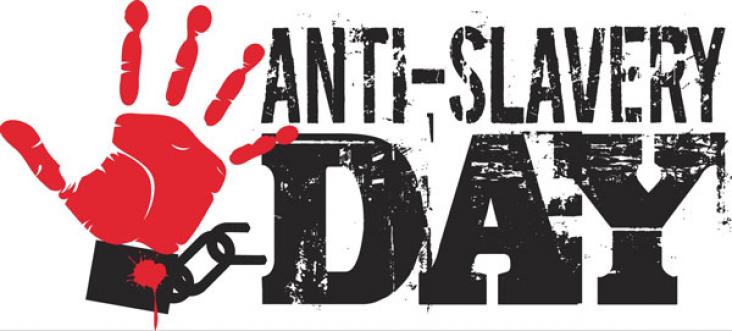
Supporting goal 10 (reduced inequalities), goal 8 (decent work and economic growth) and goal 16 (peace, justice and strong institutions) this blog discusses the fight for social justice and the links with inclusion and decent work for migrants in a global economy.

World Future Energy Summit is the world’s leading business event for future energy and sustainability, showcasing pioneering technologies and ground-breaking thinking in energy, energy efficiency, water, solar, waste, smart cities, climate and the environment. As a global hub for business, innovation and knowledge exchange, World Future Energy Summit inspires the advancement and transfer of ideas, technology and investment across borders and between the public and private sectors worldwide, helping stimulate sustainable growth for all.
Partner content
United Nations Global CompactFurthering goals 8 and 16, this brief guide, developed as part of the Decent Work in Global Supply Chains Action Platform, offers a quick overview of the steps businesses can take to help eliminate modern slavery, while highlighting key resources, initiatives and engagement opportunities to support business action.
Furthering SDGs 8 and 17, this report explores partnerships and progress towards the 2030 Agenda for Sustainable Development by the business community in Latin America and the Caribbean. It includes key findings from a report by the Economic Commission for Latin America and the Caribbean, as well as data from participants of the UN Global Compact.

World Efficiency Solutions (WES) is the premier international meeting for the low-carbon and resource-efficient economy focussed on creating the low-carbon and resource-efficient market place. WES was first held in 2015 in Paris during COP21 negotiations, focusing on climate change solutions. World Efficiency develops a new environment consensus: economic and human activities must, to be sustainable, be redesigned to limit their impact on the environment while awareness of the planetary limits (climate change and resources scarcity) becomes widespread. A key objective for WES 2017 is to Identify new market opportunities aligned to the 2030 Sustainable Development Goals (estimated market opportunities are larger than USD 12 trillion) and the Paris Agreement on Climate Change from 2015.

World Travel Market London provides a unique opportunity for the whole global travel trade to meet, network, negotiate and conduct business. For many years, WTM London has organised World Responsible Tourism Day, with the support of the United Nations World Tourism Organization. This is the world’s largest industry event focused on efforts to make the industry more responsible and sustainable. Each year leading figures from the industry, along with representatives of civil society and key organisations, gather to discuss the key issues facing the sustainable development of tourism

Modern slavery risks have risen across the world over the last year, including in 20 of the 28 member states of the EU. On Anti-Slavery Day, this blog looks at the increased risks and numbers of victims of forced labour in supply chains, and how to mitigate these risks contributing to goal 8 (decent work and economic growth).
The global electronics industry is one of the largest industrial sectors in the global economy, generating more revenue than any other goods-producing sector. This report examines the supply chain risks of forced labour across the industry, and manufacturing and mining in two key countries: Malaysia and the Democratic Republic of the Congo. It includes an analysis of top electronics brands. This report highlights the challenges in advancing target SDG 8.7 to take immediate and effective measures to eradicate forced labour, end modern slavery and human trafficking.
A new criminal corporate offence of failing to prevent facilitation of tax evasion comes into effect on 30 September 2017 in the UK. This development supports SDG 8 Decent work and economic growth and SDG 16 Peace, justice and strong institutions.
Large employers in the UK with a financial year running from April to March should be gearing up to publish their second annual modern slavery statement by the end of September 2017. Modern slavery statements support SDG 8.7 to take immediate and effective measures to eradicate forced labour, end modern slavery and human trafficking.
